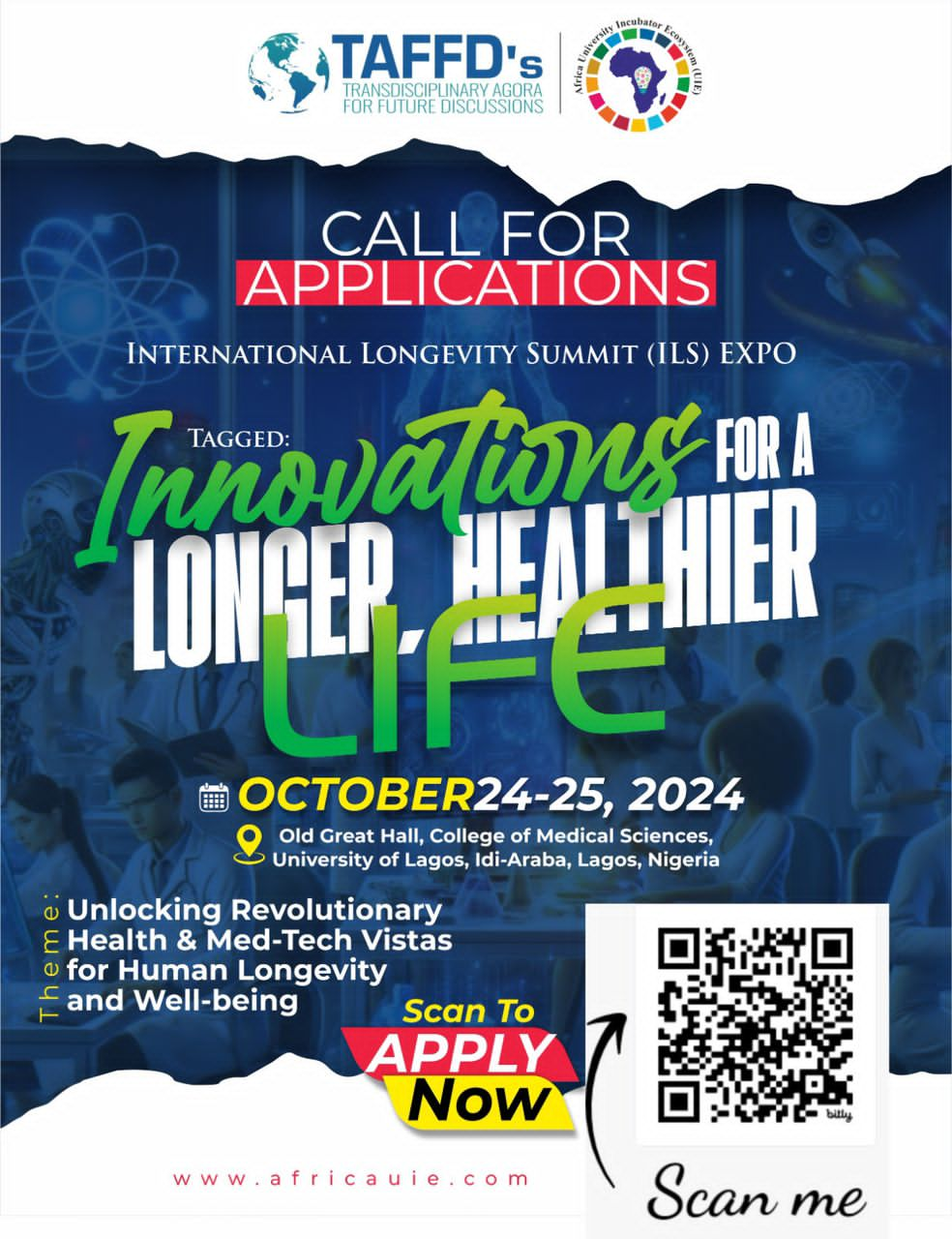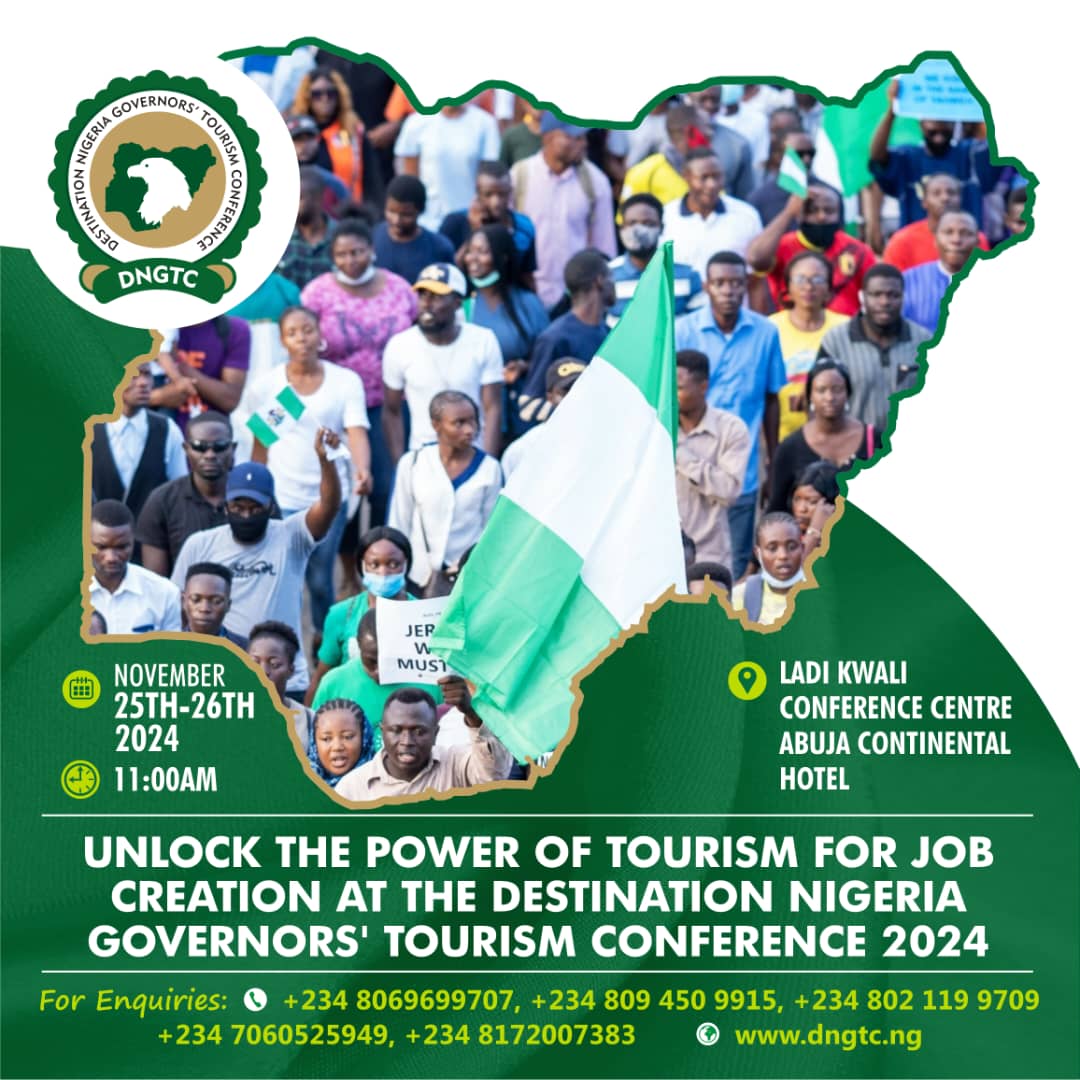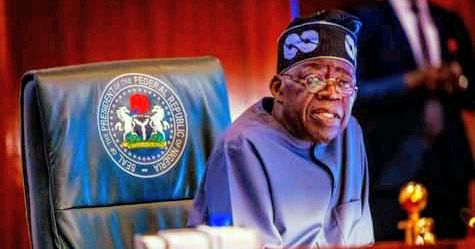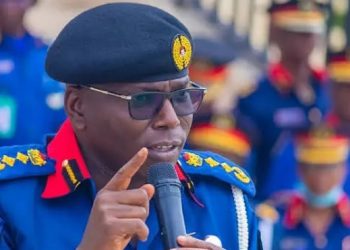Nigerian President, Bola Ahmed Tinubu has demanded for justice over the the inhuman treatment endured by the Super Eagles of Nigeria at a Libyan airport.
According to the statement released by his aide, Bayo Onanuga on Monday, Tinubu who applauded the players for keeping their spirit alive despite the excruciating ordeal in Libya, welcomed them safe return to Nigeria. The harrowing experience of the national football team at the hands of their hosts and the Libyan authorities prompted the Nigerian Football Federation to withdraw the Super Eagles from the scheduled match on Tuesday.
The harrowing experience of the national football team at the hands of their hosts and the Libyan authorities prompted the Nigerian Football Federation to withdraw the Super Eagles from the scheduled match on Tuesday.
The President expected Disciplinary Board of the Confederation of African Football (CAF) to conduct a thorough investigation while recommended appropriate action against those who wilfully violated the organisation’s Statutes and Regulations. He commended the proactive coordination between the Ministry of Foreign Affairs and the Federal Ministry of Sports Development in addressing the unfortunate episode and ensuring the safe return of our players.
He commended the proactive coordination between the Ministry of Foreign Affairs and the Federal Ministry of Sports Development in addressing the unfortunate episode and ensuring the safe return of our players.
The Nigerian leader recognized football’s unifying power in bringing nations, people together, viewed the treatment of citizens as unsportsmanlike and inhumane, adding that its a stark contrast to the spirit of the game he deeply appreciates.
The President fervently called on all lovers of the round-leather game and administrators to unite and work collaboratively to prevent and overcome such incidents in the future. The team which left Nigeria on Sunday to Libya for its return match of the 2024 AFCON qualifiers, had their flight diverted to an innocuous airport far away from the venue of the match.
The team which left Nigeria on Sunday to Libya for its return match of the 2024 AFCON qualifiers, had their flight diverted to an innocuous airport far away from the venue of the match.
The implication of the diversion was to put the players on another three hours of road travel to the main venue of the match, not minding the risk of road travel in Libya, considering the situation of the war-torn country.
The Nigeria Football Federation (NFF) brought the Super Eagles back to Nigeria after the players decided to withdraw from the second-leg match against Libya, due to the difficulties, ill treatment and challenges they faced during after their arrival time in Libya.
Tinubu demands justice over Super Eagles ill-treatment in Libya
Please login to join discussion











